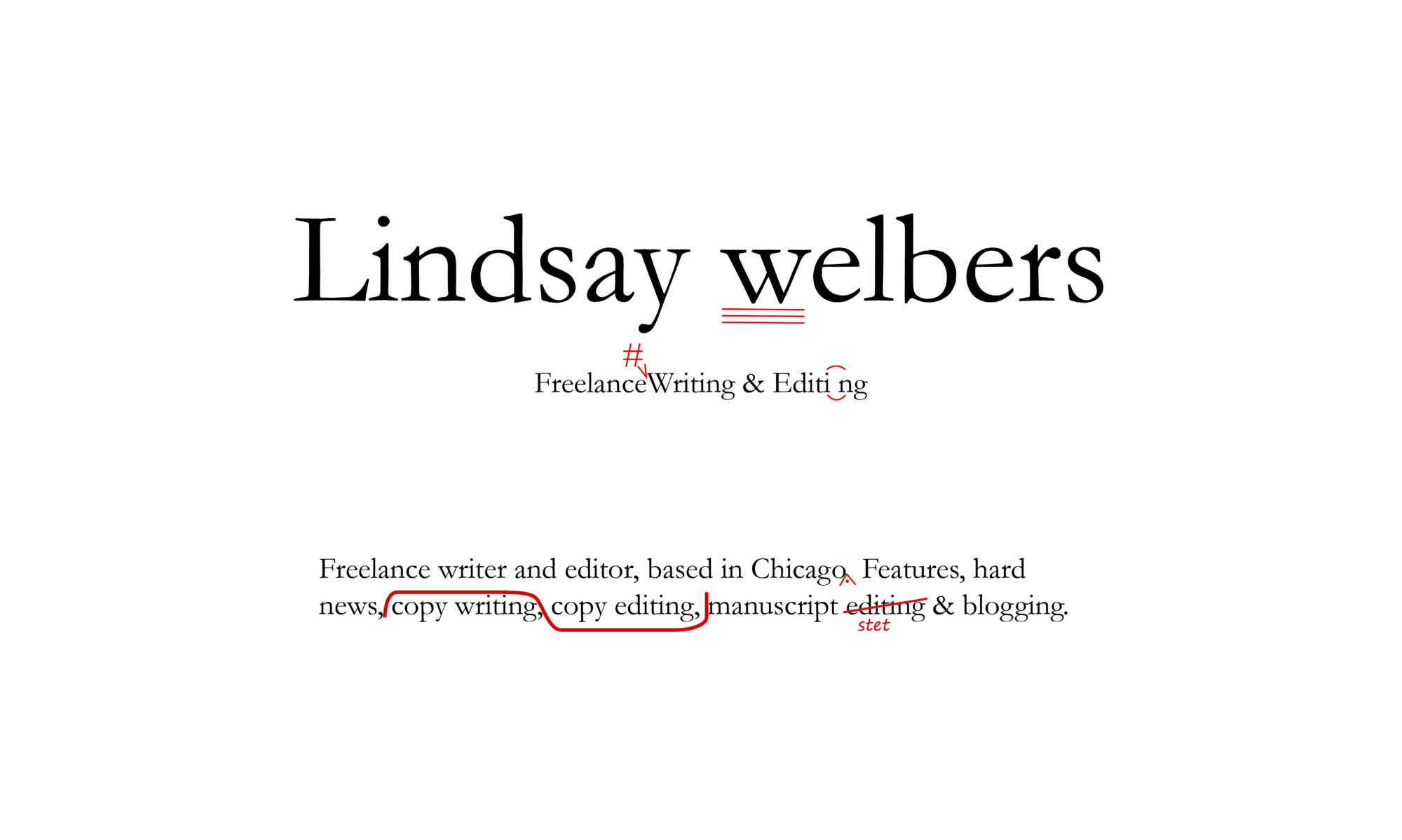![]()

Custom copy writing, social media management and PR consulting
![]()
![]()
![]()
Excerpted from “This I Remember” by Eleanor Roosevelt, published 1949.
“There are two kinds of snobbishness. That of the man who has had a good many opportunities and looks down on those who lack them is usually recognized by all. The other kind of snobbishness is rarely understood, yet it is real. It is that of the self-made man, who glories in his successes in overcoming difficulties and admires greatly people who have achieved the things he considers of importance. Governor Smith, for instance, had a great deal of respect for material success. He admired men who, like John Raskob, had made a success in business through their own efforts or who in some other way had made a name in the world in spite of modest beginnings. But he tended to look down on a man who had not met and conquered the situations he himself had – a man like Franklin, who was content not to make a great deal of money so long as he had enough to live comfortably. Franklin had always been moderately wealthy, but Governor Smith couldn’t believe that he could be as able as if he had been self-made. The fact that Franklin would spend money on a picture or on the first edition of a book but would economize on food and clothes and entertainment was hard for him to understand. Governor Smith always wore expensive clothes, because they indicated material success; he liked to eat in well-known restaurants; he liked good food and specially prepared dishes. When we went to Albany, [after Franklin was elected governor in 1929] the domestic staff in the Mansion was troubled because they felt they could not cater adequately for us. For instance, they had always had to make monumental desserts for the Smiths, and thought we would expect even grader dishes. They were greatly relieved when they learned that we ate very simple food- like our traditional scrambled eggs for Sunday-night suppers.
Franklin could see no sense in spending money in a restaurant when he had a home to eat in, and he had a lot of the little economies. For example, he never paid more than two dollars for a shirt, and boasted when he found he could get one for $1.50, and he never would buy more than two pairs of shoes, though he bought those and other things in England, as his father had. When we were first married, he asked me one day what I had done with a pair of shoes, and I said I had sent them to be soled. He thought I meant “sold” and was very angry. Not long ago, when I was cleaning out the big house after his death, I found a suit, which I gave to Jimmy, that his grandfather had bought in London and which had been kept all those years simply because it was ‘too good to throw away.’
Governor Smith did not understand that kind of economy. I always felt strongly that he had a defensive attitude, which arose, of course, from his consciousness that he lacked breadth of knowledge, for he was too intelligent not to know that he did not have a certain kind of cultural background. It often seemed to me that he said things which were contemptuous of academic knowledge simply to bolster his own sense of security.”
![]()